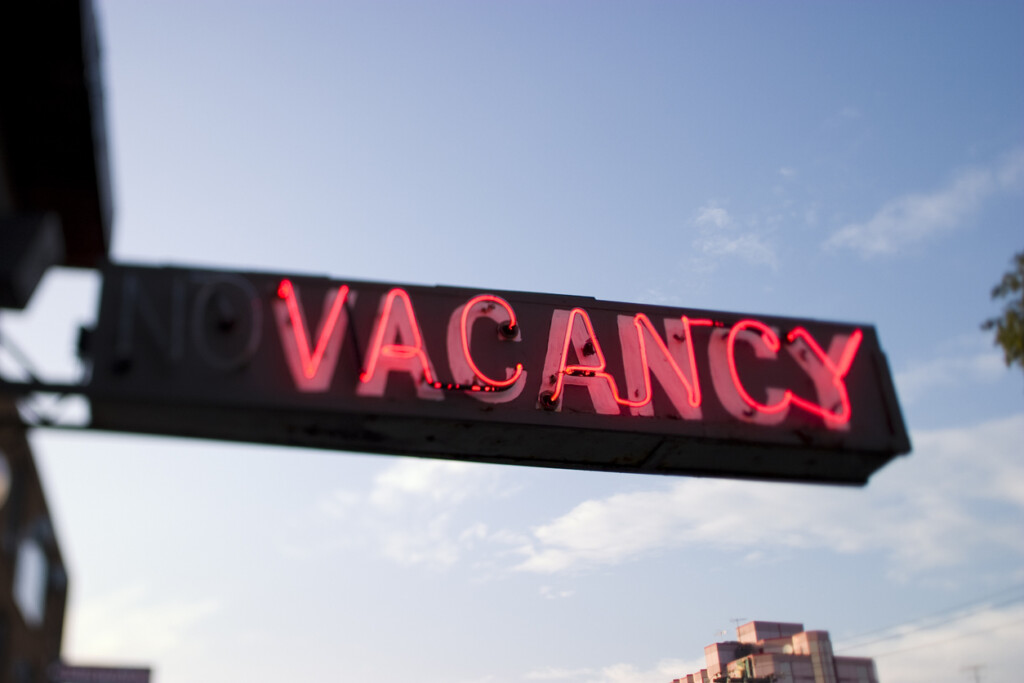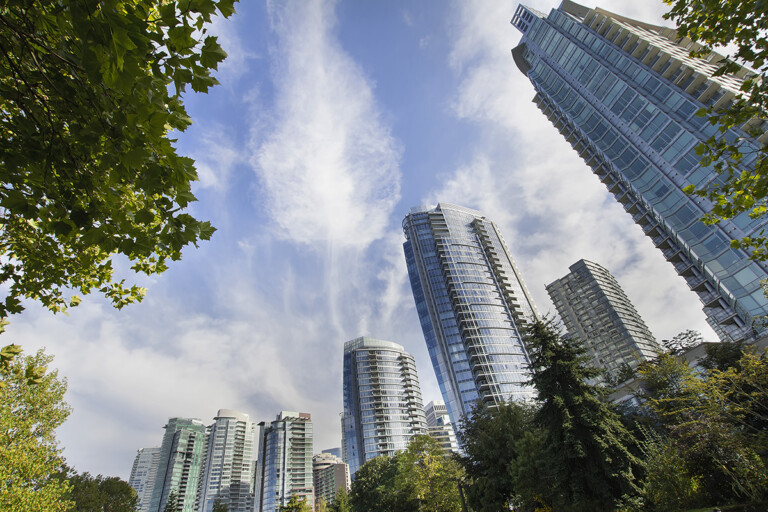
A new vacancy tax is here, and with it come surprises, traps, and pitfalls.
UPDATE (October 31, 2023): The Canada Revenue Agency has extended the effective deadline again for filing and payment for the 2022 UHT returns until April 30, 2024. Penalties and interest will be waived as long as the return is filed and payment is made before May 1, 2024. This coincides with the deadline for the 2023 UHT return, so be ready to file two returns for any relevant properties held in 2022 and 2023.
UPDATE (March 28, 2023): The Canada Revenue Agency has provided an (effective) extension for filing and payment for the 2022 UHT returns until October 31, 2023. Penalties and interest will be waived as long as the return is filed and payment is made before November 1, 2023.
Vacancy taxes are all the rage these days. To combat Canada’s housing crisis, several of Canada’s largest cities have put vacancy taxes in place. Vancouver has its Empty Homes Tax, Toronto has its Vacant Home Tax, and Ottawa has its Vacant Unit Tax. The province of British Columbia also has its own Speculation and Vacancy Tax.
Now the federal government of Canada is trying its hand at a vacancy tax. As we will discuss more thoroughly below, this “Underused Housing Tax,” or UHT, is designed to impose a 1% annual tax on the value of residential properties in Canada that are both “foreign-owned” and “underused.” Despite its purportedly limited scope, the UHT has serious implications for the unwary, even when there is no tax payable! The CRA recently released their required form and related explanatory notes. This brief article provides a general overview of the UHT. Of course, for more specific advice in a particular situation, please contact us.
Filing obligation
The UHT imposes a broad obligation to file a form with the CRA even where no tax is payable. Every owner of residential property who is not an “excluded owner” must file. While for many filers, no tax will be payable, failing to meet this filing obligation will still have serious consequences.
Ownership: The “owner” of residential property has an obligation to file a return; this is the person (or persons) registered on title on December 31.
Residential property: The definition of “residential property” has two parts. First, houses and similar buildings (and the surrounding land) are residential property if they have between one and three residential units, each with its own kitchen, living area, and bathroom. Second, units within a building may also be their own residential property if they are intended to be owned separately.
This definition means that there may be times that one owner may unexpectedly need to file multiple times. Where units in a building are divided up for separate ownership (e.g. for “stratification” or “condominiumizaton”) each unit will be its own residential property. Laneway houses are also separate “residential properties.” Each residential property will require a separate return, even if they share registered ownership.
Excluded: Several types of owners of residential property are “excluded owners” not subject to these filing obligations Canadian citizens and permanent residents are generally excluded. However, if such a person holds title as a partner in a partnership, or as trustee for a trust (other than an estate), then they are not an “excluded owner,” and must file a return. Likely the most commonly applicable exclusions are for Canadian public companies, governments, registered charities, and Indigenous governing bodies.
If an owner of residential property is not an “excluded owner,” they must file a return by April 30 each year. Owners should be absolutely certain that they are excluded before they decide not to file.
Failure to File
Failure to file penalties are severe, with a minimum penalty of $5,000 for individuals, and $10,000 for others. This penalty applies even when there is no tax. The CRA has confirmed that they will pursue penalties even where no tax is payable.
Additionally, until an owner files a return, there is no time limit for the government to assess taxes or fees. Unlike other taxes, it is not always obvious whether a return needs to be filed or not. This means that if a taxpayer incorrectly believes that they do not have to file, their potential liability lasts forever! Unlike many other tax penalties, this penalty applies whether tax is due or not.
Let’s look at an example of how this could affect Canadians. It is not unusual for an elderly parent to register their home in the name of their adult child but maintain the beneficial interest in the home. There may be estate planning reasons for doing so. In such a situation, the adult child would be considered to hold legal title as “bare trustee” for the benefit of their parent. Imagine that in 2024 such a parent transfers their home to their adult child as bare trustee. The adult child now has a filing obligation under the UHT. No one turns their mind to the UHT, because everyone involved is a Canadian citizen; and of course parent occupies the home year-round! Suppose the elderly parent lives another ten years before passing away. The CRA might come knocking in 2035 (or any time thereafter) to demand a minimum of $50,000 from the child in failure to file penalties!
Exemptions (from payment)
Although many people must file a return, many of these “affected owners” will be exempt from paying UHT. Note, again, these situations do not create an exemption from filing a UHT return.
Exempt Owners: Where an owner dies, that owner, their personal representative, and certain co-owners are exempt for that year and the next year. A new owner is also exempt. Where foreign owners control less than 10% of a corporation that owns residential property, that corporation does not have to pay UHT on that property. Where such corporations or “excluded owners” make up all of the beneficiaries of a trust or partners of a partnership, that trust or partnership is also exempt.
Occupancy: There is an exemption if the property is a primary place of residence for the owner or their spouse, or their child if the child is studying at a designated learning institution. This will be an important exemption for immigrants who own their own homes and are not permanent residents (yet). Other occupancy rules can be a bit more complex, but generally an owner gets credit for occupancy by their nuclear family, arm’s length tenants, and non-arm’s length tenants paying “fair rent” (5% of the value of the residential property).
Property Availability: Where the residential property is under construction and is not completed by April during a given year, or is completed and put up for sale during the year but never occupied, the property is exempt for that year. A property that is uninhabitable due to a disaster or major renovations is also exempt. Finally, property that is seasonally inaccessible or unsuitable for habitation year-round is exempt.
Vacation Property: Finally, if the property is in a relatively rural area, and the owner is an individual who uses it at least 28 days during the year, the property may be exempt as a vacation property.
Calculating the tax
Any owner that must file and cannot claim an exemption will be liable for the tax. The tax is 1% of either the assessed value (for property tax purposes) or the most recent sale price. An owner can also elect to use the property’s fair market value if they get a specific appraisal. Where ownership is shared, this amount is then multiplied by the ownership percentage.
Form UHT 2900
The form is nine pages long, and requires a significant amount of information even when one is claiming an exemption. This is very unlike the comparatively simple filing requirements found in many of the other vacancy taxes we have seen in Canada. Each owner must file a separate form for each property. Many affected owners will require accountants or lawyers to prepare their forms for them.
* * * * * *
Thank you for your interest; if you need assistance with this tax, our team will be happy to take your call!



